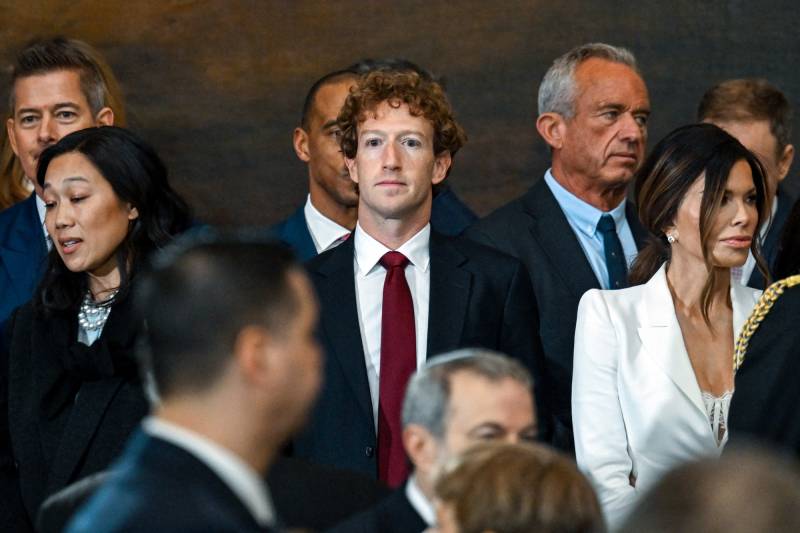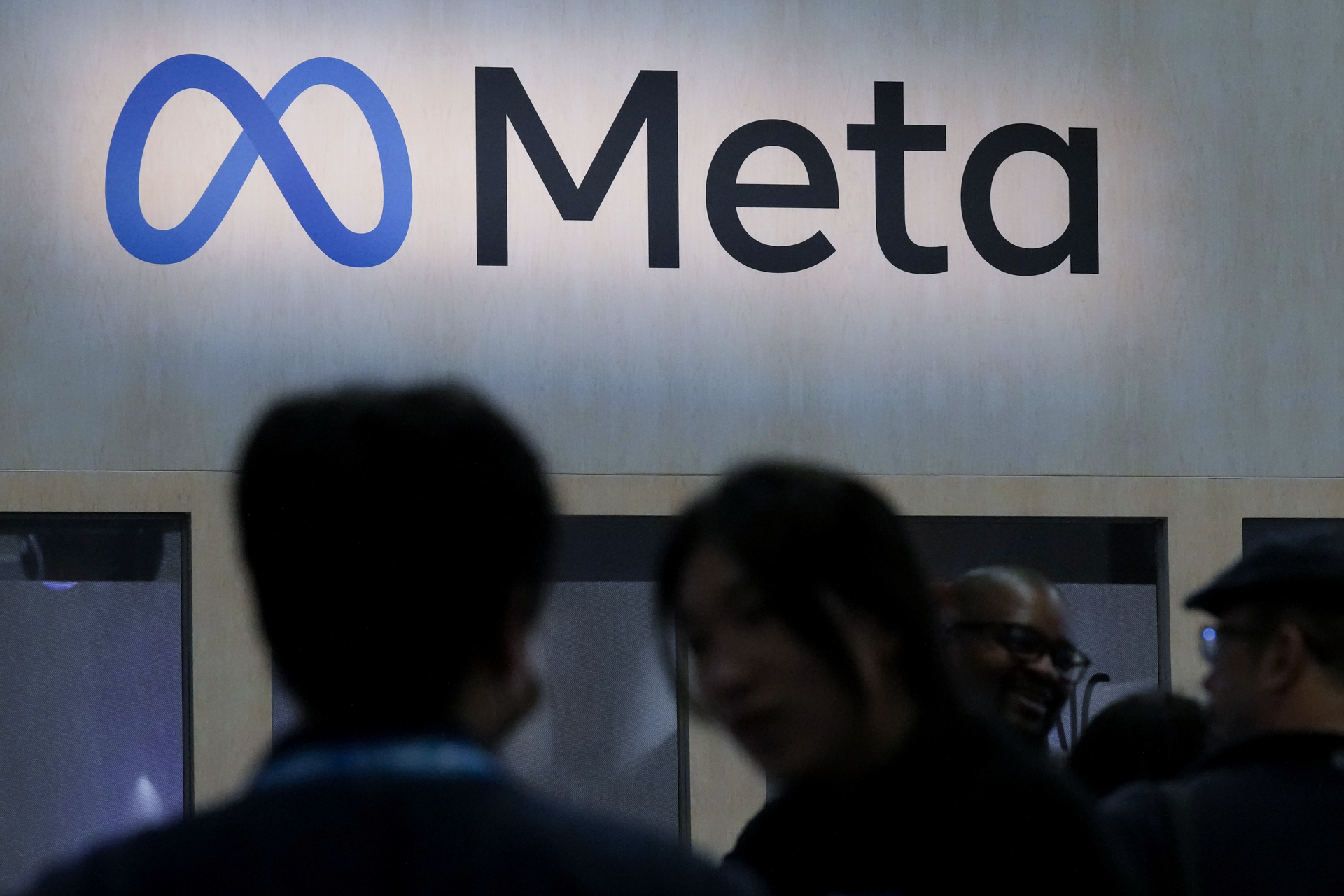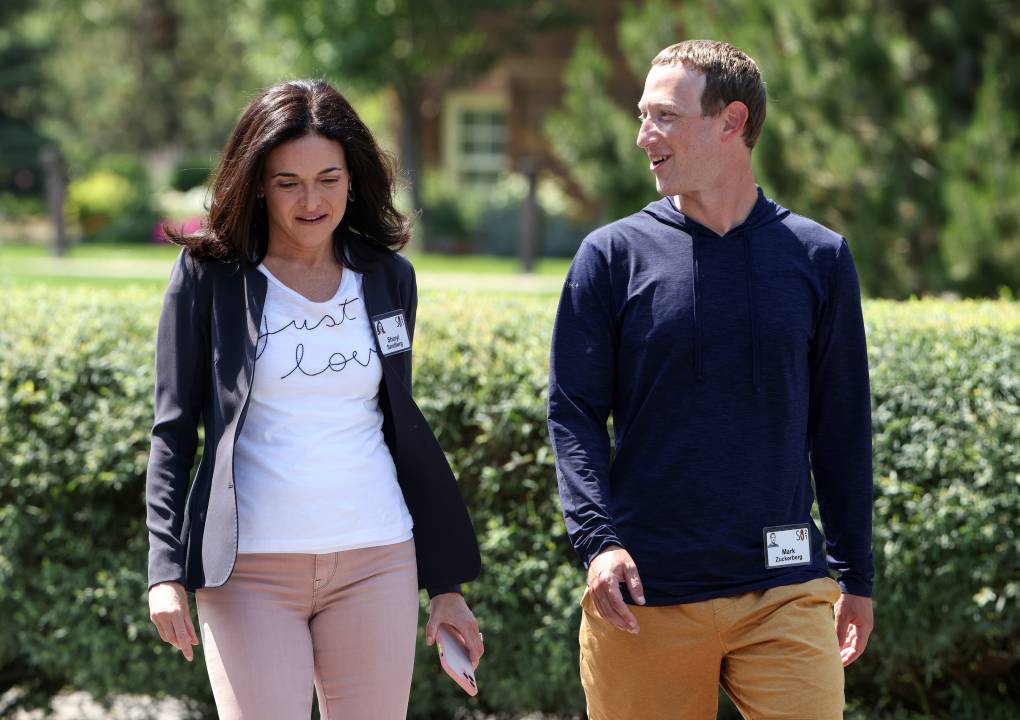In 2012, Facebook announced a $1 billion deal to buy Instagram, and the Federal Trade Commission approved. Two years later, Facebook paid $19 billion to take over WhatsApp, and once again, antitrust regulators signed off.
But that wasn’t the end of the story for federal regulators, who observed the fallout from those corporate deals, investigated and brought a case against the Menlo-Park based social media juggernaut. Their primary argument: that Meta used those acquisitions to build and maintain a monopoly in the ad surveillance economy that the social media giant helped create.
At stake is Meta’s $1.4 trillion advertising business and the prospect of a corporate breakup the likes of which has not been seen since AT&T’s telephone monopoly was forced to split apart more than 40 years ago.


